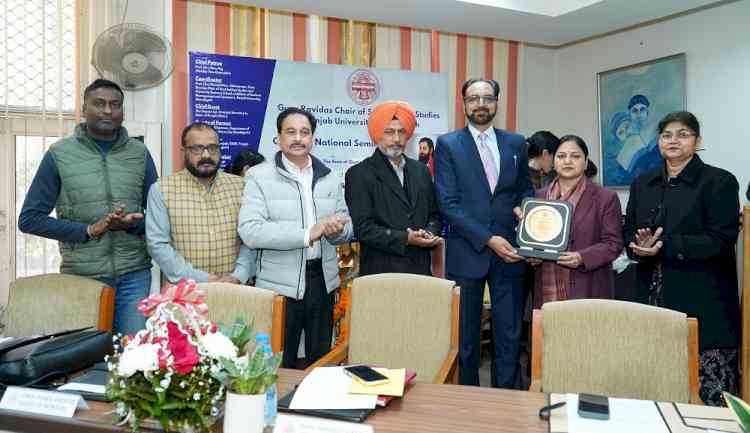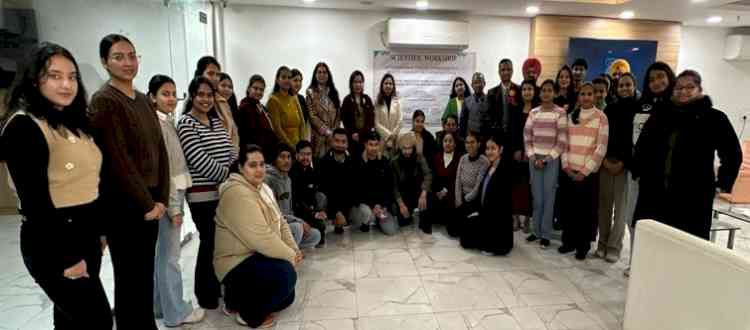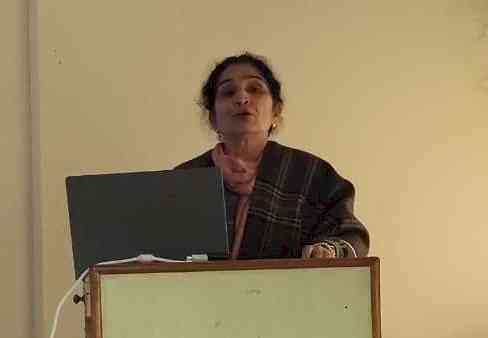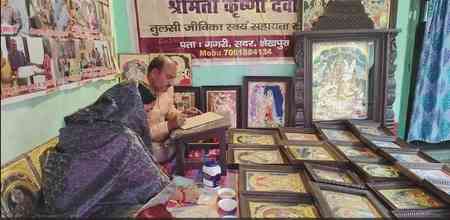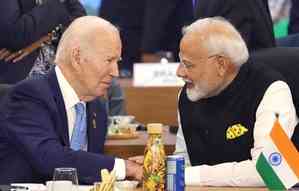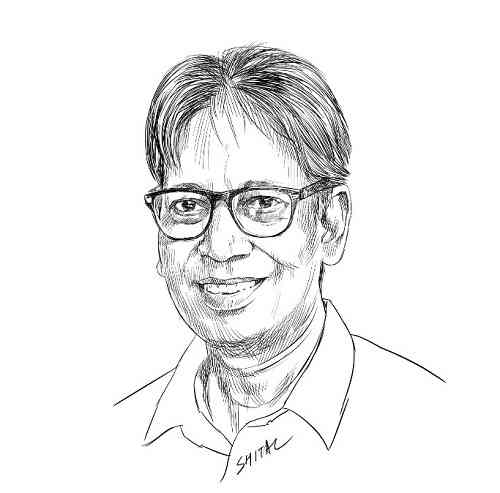Workshop on “Decoding Overthinking” by Psychotherapist Supreet Dhiman
School of Communication Studies, Panjab University Hosts Workshop on “Decoding Overthinking” by Psychotherapist Supreet Dhiman
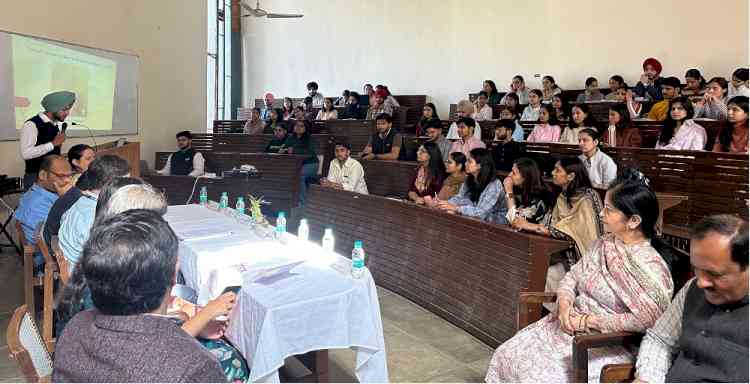
Chandigarh, November 14, 2025: The School of Communication Studies, Panjab University, today conducted an insightful and engaging workshop on “Decoding Overthinking” by internationally trained mental health professional Supreet Dhiman.
Supreet Dhiman is well known for her work in emotional resilience, cognitive wellbeing, and evidence-based therapy. A graduate of the University of Warwick with advanced training from the UK’s National Health Service, Supreet integrates Cognitive Behavioural Therapy, Trauma-Informed Care, and Acceptance & Commitment Therapy in her practice, and has delivered over 1,000 sessions across 25+ cities worldwide through her platform Shaping Destiny.
Delivering an interactive and thought-provoking session, Dhiman spoke on the concept of overthinking and its impact on everyday decision-making. To make the workshop more participatory, a short survey on overthinking was conducted among the attendees, and the session’s flow was built around the real concerns and patterns reflected in those responses. She explored the difference between healthy thinking and overthinking, how overthinking can escalate into self-harm tendencies, and shared techniques for building a personal safety plan, using the “worry tree”, among other tools for dealing with overthinking, its consequences, and developing practical strategies for navigating overwhelming situations.
Earlier, the lecture began with a vote of gratitude to the Chairperson, Prof Archana R. Singh, who warmly welcomed the participants. Prof Singh then honoured the speaker, acknowledging her contribution to mental health awareness, her global work with young adults, and her social initiatives supporting mental health, education, and community wellbeing.
The session was marked by high engagement, with students asking questions, sharing experiences, and participating in discussions with openness and vulnerability.


 City Air News
City Air News 
